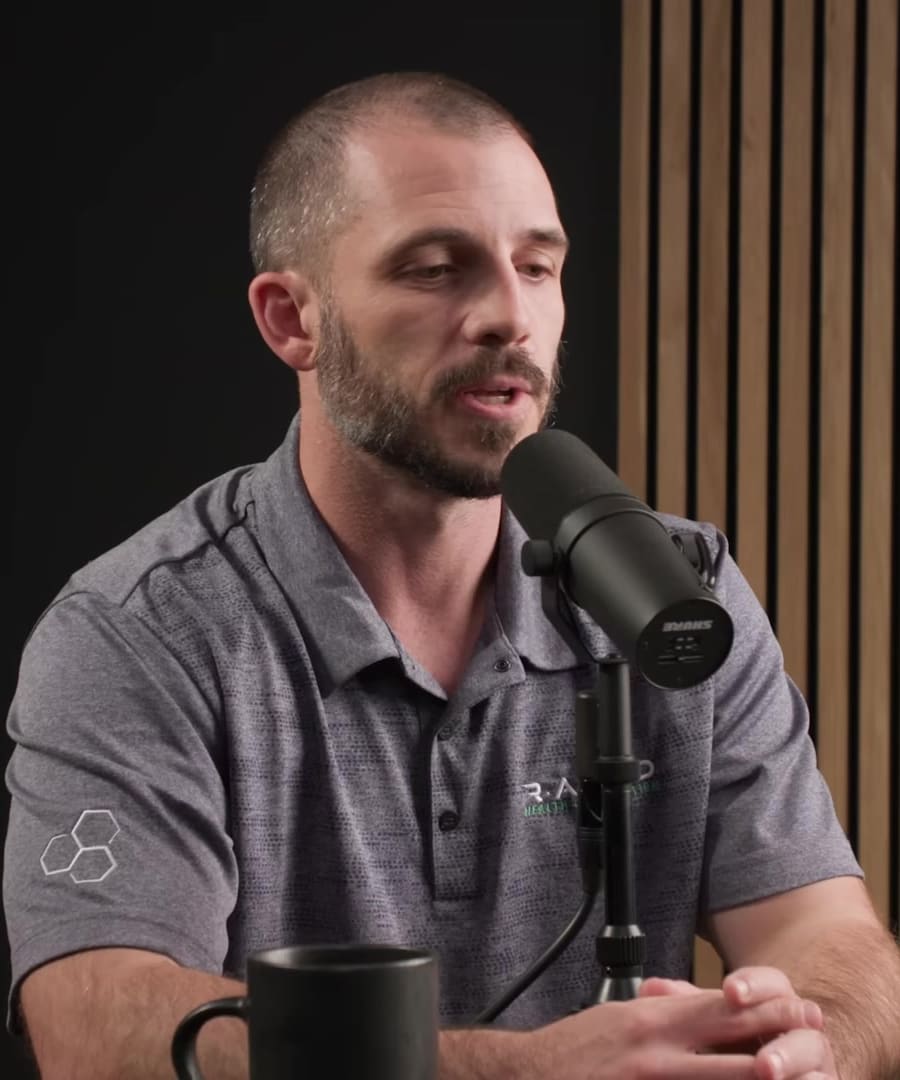What are the best protocols for hot cold therapy?
Sources:
Hot and cold therapy, also known as contrast therapy, can involve several recommended protocols as discussed by . Here are some key takeaways based on his insights:
-
Cold Water Immersion:
- For recovery and pain relief, suggests using cold water immersion, specifically in water between 40 to 50 degrees Fahrenheit for more than 15 minutes, or sub 40-degree water for at least five minutes. The exact duration and temperature can vary depending on your comfort and safety 1.
- It's critical to ensure safety and to ease into cold exposure gradually, especially if you're new to this practice 1.
-
Hot and Cold Contrast:
- recommends hot exposure that is intense enough to induce sweating and the desire to exit due to heat, but without risking harm. The specific temperature will vary from person to person, so it's advised to start slowly and carefully build up 2.
-
General Guidelines:
- You may want to experiment with contrast therapy, which involves alternating between hot and cold temperatures. However, there aren't strict rules for the duration and intensity of each temperature. It's suggested to play by feel, as the parameters are not yet fully established 1.
-
Thermal Adaptation Protocols:
- Reference values for thermal adaptation involve 57 minutes per week of uncomfortable but safe heat (e.g., sauna), and eleven minutes per week of cold exposure, either in a single session or multiple sessions. These can be adapted based on personal preference and comfort 3.
-
Personal Preference and Safety:
- The effectiveness of cold and heat therapies can be subjective and influenced by personal perception. Some athletes find contrast therapy beneficial, while others do not. Interest and subjective responses can guide whether these therapies are suitable for you 3.
Always consider safety and individual reactions when implementing hot and cold therapy protocols. It's essential to consult with a healthcare provider if you have any concerns or pre-existing health conditions before starting any new health regimen.
RELATED QUESTIONS-


